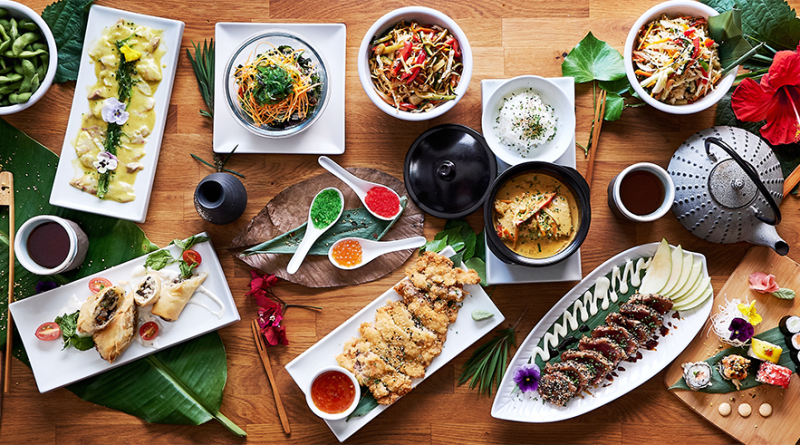Japan’s Post-Fukushima Era: Time to End All Export Restrictions, Says Government
The 2011 Fukushima nuclear disaster sent shockwaves across Japan and the world, affecting not just its energy sector but also its food exports. In the immediate aftermath, many countries imposed stringent restrictions on food imports from Japan, particularly from the Fukushima region. These restrictions primarily stemmed from concerns about potential radioactive contamination in agricultural products.
To address these issues, Japan took significant measures to ensure food safety. The Japanese government implemented rigorous radiation testing protocols for all food products from the affected areas, ensuring compliance with international safety standards. Over 230,000 food samples have been tested for radioactive contamination since the disaster, with minimal non-compliance detected. Japan has been transparent about these safety measures, regularly working with international bodies like the International Atomic Energy Agency (IAEA) to verify the safety of its food exports.
Global Markets Easing Restrictions
As a result of Japan’s efforts, many countries have gradually lifted their food import restrictions. The European Union fully removed all restrictions on Japanese food products in 2023, following years of testing and compliance with safety standards. This marked a major victory for Japan, as the EU was one of the largest markets still enforcing such limitations. Taiwan followed suit in 2022, removing its bans on food from the Fukushima region after implementing new safety protocols, including batch-by-batch inspections and radiation certifications.
In total, 90% of countries that originally imposed bans on Japanese food have since lifted them. These include major markets such as the United States, Australia, and Singapore, showing Japan’s success in regaining the trust of many global partners.
Persistent Scepticism: The Holdout Markets
Despite this progress, some markets remain hesitant. China, South Korea, and Hong Kong continue to maintain import restrictions, with seafood being one of the most affected sectors. These countries cite concerns over Japan’s release of treated nuclear wastewater from the Fukushima plant into the Pacific Ocean, which began in 2023. Although Japan has assured that the wastewater meets international safety standards, including approval from the IAEA, public and governmental concerns in these regions remain high.
For example, Hong Kong’s Environment and Ecology Bureau has stated that the potential long-term effects of wastewater discharge could be harmful, prompting them to maintain strict restrictions on seafood imports. China’s stance is similarly rooted in the scepticism surrounding the safety of food products from areas close to Fukushima.
Scientific Defence vs. Public Perception
While Japan continues to rely on scientific data to defend its food exports, it faces a significant challenge in overcoming public perception. The Japanese government has made every effort to be transparent, regularly publishing the results of radiation testing. International organisations, including the IAEA and the United Nations’ Joint FAO/IAEA Centre, have affirmed that Japan’s food supply is safe and that the risk of radionuclide contamination is negligible.
Despite these assurances, many consumers in affected markets remain cautious. This demonstrates a broader issue Japan must confront—not just in proving the safety of its food products, but in restoring global trust. Even when scientific evidence supports Japan’s claims, the lingering fear among consumers presents an ongoing obstacle.
Rebuilding Trust
Moving forward, Japan’s strategy revolves around transparency, scientific rigour, and diplomatic engagement. Long-term monitoring of food products, especially seafood, will continue, with Japan committing to regularly publish test results. This approach is designed to build confidence among sceptical markets and demonstrates that the country remains vigilant about food safety.
Japan’s Ministry of Agriculture, Forestry, and Fisheries has also been active in engaging diplomatically with countries that have yet to lift restrictions. Their goal is to showcase Japan’s adherence to international standards and encourage a science-based approach to policy changes. By continuing to work closely with global organisations and presenting consistent evidence of safety, Japan hopes to eventually see all remaining restrictions lifted.
In conclusion, Japan’s efforts to lift post-Fukushima food export restrictions have seen major successes, with most global markets now open to Japanese products. However, for full recovery, the country must address both scientific concerns and public perception to restore trust in markets that still hold out. With its commitment to safety and transparency, Japan is well-positioned to regain its foothold in the global food export industry.
Sources:
